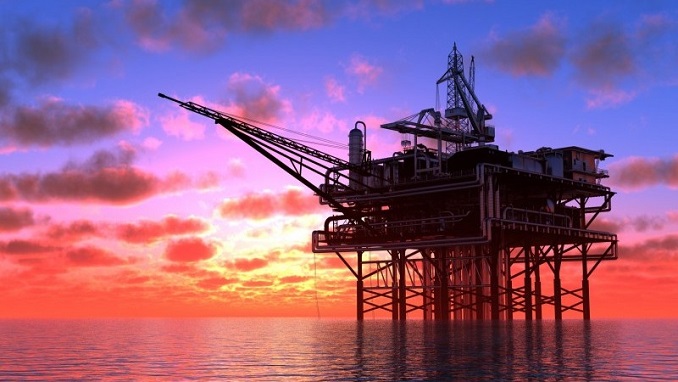The Austrian OMV Group presented a strategy until 2030, the key priority of which was the development of the petrochemical business segment.
The company aims to increase its olefin and polyolefin capacity. In particular, OMV intends to produce up to 40% of all polyolefins produced in Europe and expand business in North America and Asia markets.
In addition, the company is ready to claim leadership in the field of solutions for renewable energy sources and the circular economy.
Among the priority projects are the Belgian ReOil plant for propane dehydrogenation (commissioning expected in 2023); expansion of Borouge’s ethylene (+1.5 mt) and polyethylene (+1.4 mt) capacities, and commissioning of ethane cracking and polyethylene production units at Baystar (JV with TotalEnergies).
It is expected that these projects will lead to an increase in sales of monomers by 35%, polyolefins – by about 30%.
In the oil refining segment, by 2030 the company aims to increase the production of environmentally friendly fuels and chemical raw materials to 1.5 million tons per year.
Almost 1/2 of the volume will fall on environmentally friendly jet fuel. Also by the beginning of the next decade, OMV will invest more than 400 million euros in the development of charging infrastructure in Central and Eastern Europe.
By 2030, the company intends to equip more than 2,000 electric vehicle charging points at gas stations and about 17,000 charging points at offices.
The targets set in the strategy for the Exploration and Production business segment assume a 30% reduction in oil production and a 15% reduction in natural gas production.
At the same time, investments in hydrocarbon production will continue until 2026, emphasizing the development of gas projects, which will be significantly reduced.

